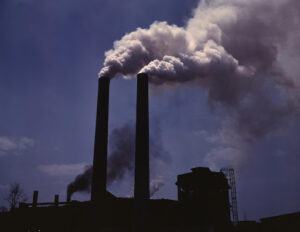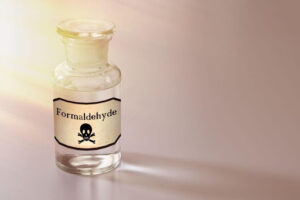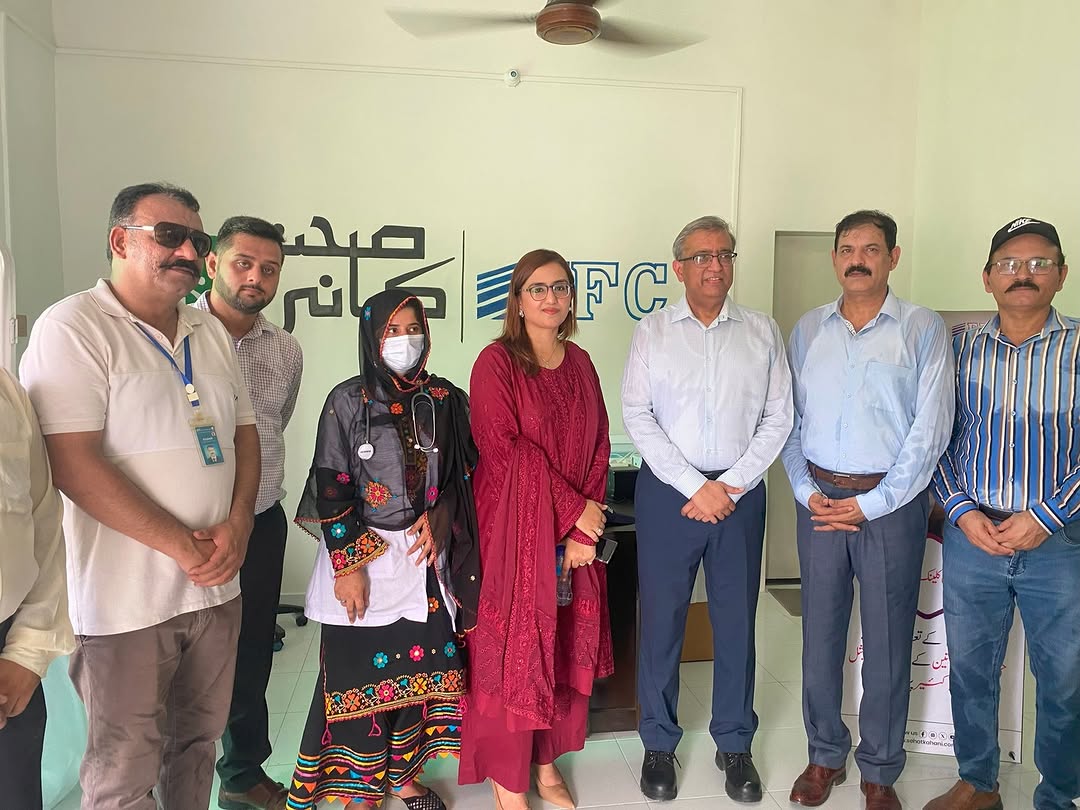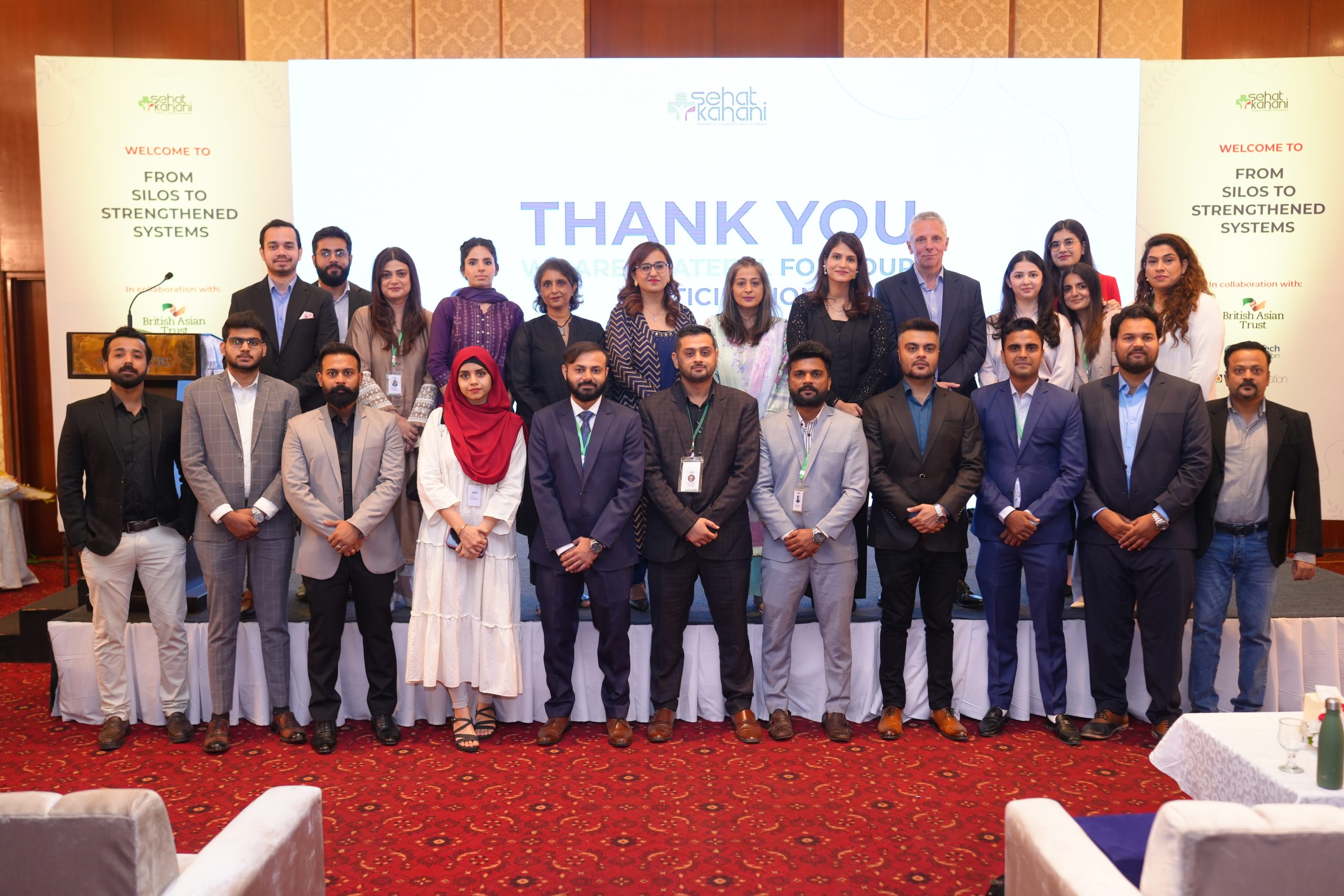
What are carcinogens?
What “Jin” (ghost) is a carcinogen? Are these as complicated as they sound to be? Well, we all know that cancer unfortunately is a widespread and devastating disease that affects millions of people around the world. While many factors can contribute to the development of cancer, exposure to certain chemicals and substances can significantly increase your risk. These chemicals are known as carcinogens and can be found in everyday products and environments.
The wide spread of carcinogens holds a significant impact on the increase of cancer cases each year. To further highlight the seriousness this topic requires, here are some facts;
- Cancer is the second leading cause of death worldwide.
- Globally, 1 in every six deaths occurs due to cancer.
- Just in the United States, there is a whopping total of 1,958,310 new cancer cases predicted to be diagnosed in 2023.
- The total number of fatalities caused by cancer every year is around 10 million.
Considering these dangerous numbers, all of us need to take immediate action. By a combined effort, we can identify the carcinogens and can completely cut, or at least limit their use and exposure in our everyday lives.
Common carcinogens you should know about
Here are seven everyday carcinogens that you should avoid to reduce your risk of cancer.
Tobacco smoke
Tobacco is a well-known carcinogen, meaning it is a substance that can cause cancer. Tobacco contains more than 70 carcinogens, including benzene, formaldehyde, and nitrosamines, which are known to damage DNA and other genetic material in the body’s cells. This damage can lead to the uncontrolled growth of cells, which can result in the development of cancer. Tobacco use is strongly linked to several types of cancer, including lung cancer, oral cancer, and throat cancer. In addition to causing cancer, tobacco use is also associated with a range of other health problems, including heart disease, stroke, and respiratory diseases.
Processed meat
Processed meat is a type of meat that has been preserved by smoking, curing, salting, or adding preservatives. It includes products such as bacon, sausages, hot dogs, and deli meats. The International Agency for Research on Cancer (IARC) has classified processed meat as a Group 1 carcinogen. The IARC’s research shows that processed meat consumption is linked to an increased risk of colorectal cancer. The mechanisms by which processed meat may cause cancer are still being investigated, but it is thought that the nitrites and nitrates used in the preservation process may play a role in damaging DNA and promoting the growth of cancerous cells. It is recommended to limit the consumption of processed meat to reduce the risk of cancer and other health problems.
Air pollution
Air pollution is a mixture of gases, particulate matter, and other substances that are released into the air by human activities, including transportation, industry, and energy production. Exposure to air pollution has been linked to a range of health problems, including cancer. The main cancer-causing agents in air pollution are particulate matter and polycyclic aromatic hydrocarbons (PAHs), which are generated by burning fossil fuels. Air pollution is a global public health issue, and reducing emissions and improving air quality is essential to reducing the risk of cancer and other health problems associated with exposure to air pollution.
Alcohols
Alcohol is a colorless liquid that is commonly consumed in various forms, such as beer, wine, and spirits. Despite it being a potent carcinogen, its intake is very common. Excessive and long-term consumption of alcohol has been linked to an increased risk of various types of cancer, including liver, esophageal, colon, and breast cancer. Alcohol is believed to promote cancer by causing DNA damage, impairing the immune system, and promoting the abnormal growth of cells.
To reduce the risk of cancer associated with alcohol consumption, it is recommended to limit alcohol intake or avoid it altogether. Other measures such as maintaining a healthy diet and regular exercise may also help reduce the risk of cancer.
Ultraviolet rays
Ultraviolet (UV) rays are a type of electromagnetic radiation that comes from the sun and are also produced by artificial sources, such as tanning beds. Exposure to UV radiation is a known risk factor for skin cancer, including melanoma, basal cell carcinoma, and squamous cell carcinoma. UV radiation damages the DNA in skin cells, which can lead to the uncontrolled growth of cells and the development of cancer. Protecting the skin from UV radiation by wearing protective clothing, using sunscreen, and avoiding excessive sun exposure is essential to reducing the risk of skin cancer.
Plastic containers
Plastic containers are commonly used for storing food and beverages. However, some plastic containers can contain harmful chemicals that may leach into the food or drink they are holding. Bisphenol A (BPA) and phthalates are two chemicals commonly found in plastic containers that are known to be carcinogenic. BPA and phthalates can disrupt hormones in the body and have been linked to an increased risk of breast cancer, prostate cancer, and other health problems. It is recommended to avoid using plastic containers labeled with recycling codes 3 (PVC) and 7 (which may contain BPA) to reduce exposure to these harmful chemicals. Using glass, stainless steel, or other safe alternatives is also recommended.
Formaldehydes
Formaldehyde is a colorless, strong-smelling gas that is widely used in various industries, such as the manufacturing of resins, plastics, and textiles. However, formaldehyde is a well-known carcinogen. There are various ways one can get in contact with formaldehyde including ingestion, skin contact, and inhalation. The International Agency for Research on Cancer (IARC) has classified formaldehyde as a Group 1 carcinogen. Formaldehyde has been linked to an increased risk of cancer in the nasal cavity and sinuses, as well as leukemia.
To reduce the risk of exposure to formaldehyde, it is important to use protective equipment when working with formaldehyde-containing materials, as well as to ensure adequate ventilation in work areas.
Common ways to avoid carcinogens
It is important to note that only coming in contact with carcinogens doesn’t ensure that you’ll develop cancer. The development of cancer depends on many other factors including genetics, environmental factors, other medical conditions, etc. yet still everyone needs to make a conscious choice to avoid the above-stated carcinogens.
Here are some doable ways through which you can avoid carcinogens in your everyday life.
Make dietary changes
Avoid processed foods and limit the use of red meat and alcohol. Big changes and the complete omission of foods that you love can be overwhelming thus it is important to start from somewhere small. If you consume red meat every two days, try limiting it to once a week.
Make yearly resolutions
New year resolutions can help you stay motivated to the cause and can help you plan ahead of time. Try to incorporate limiting or omitting the use of any one carcinogen to your resolution list. For instance, you can make a new year’s resolution to replace your plastic Tupperware with glassware.
Make smaller but consistent changes
Hoping that you will quit smoking, drinking, and eating junk food altogether is not going to work. Drastic changes can be difficult which is why smaller but consistent changes are required. If you have failed earlier to quit smoking, you can try cutting it down to one cigarette a day or if you plan to quit using plastic Tupperware, you can try replacing one container with a glass one each month.
Takeaways
We are surrounded by carcinogens, and there is no way one can completely cut off contact with such materials. However, by knowing the major carcinogens and making consistent changes, we all can save ourselves from the deadly disease of cancer by limiting our contact with carcinogens.

